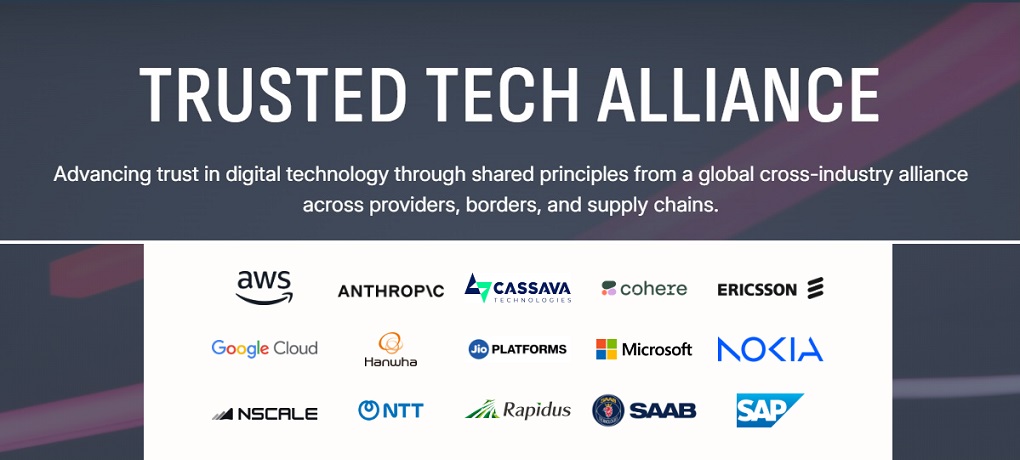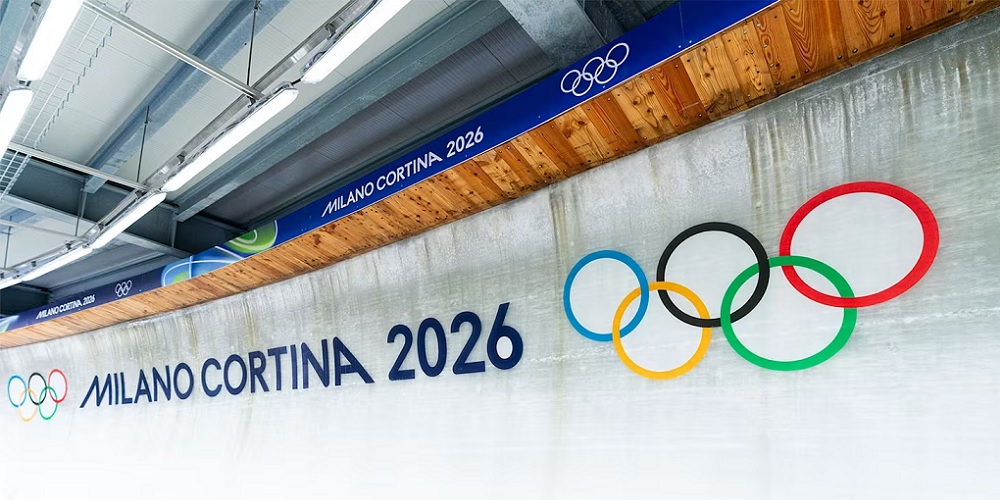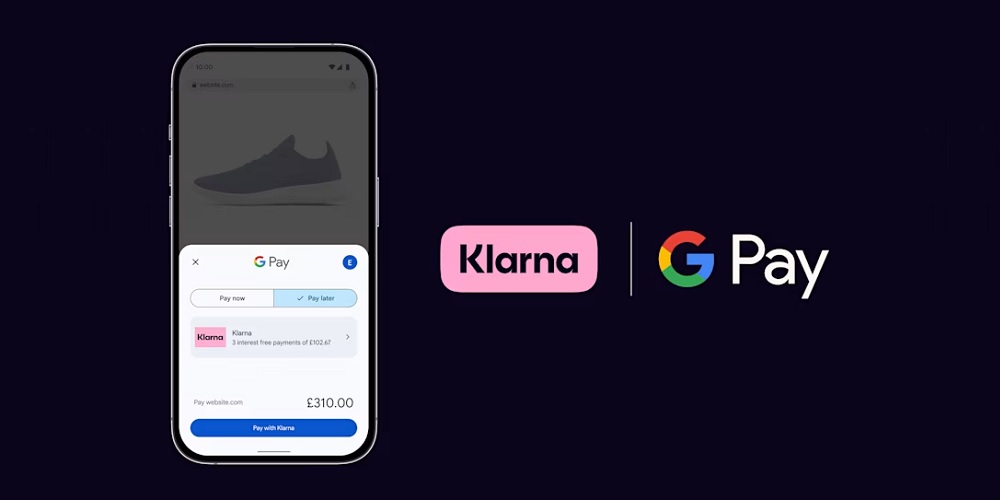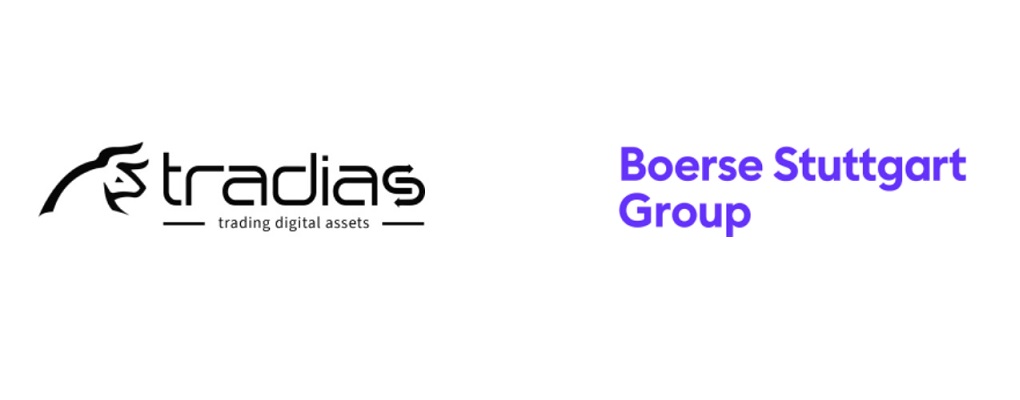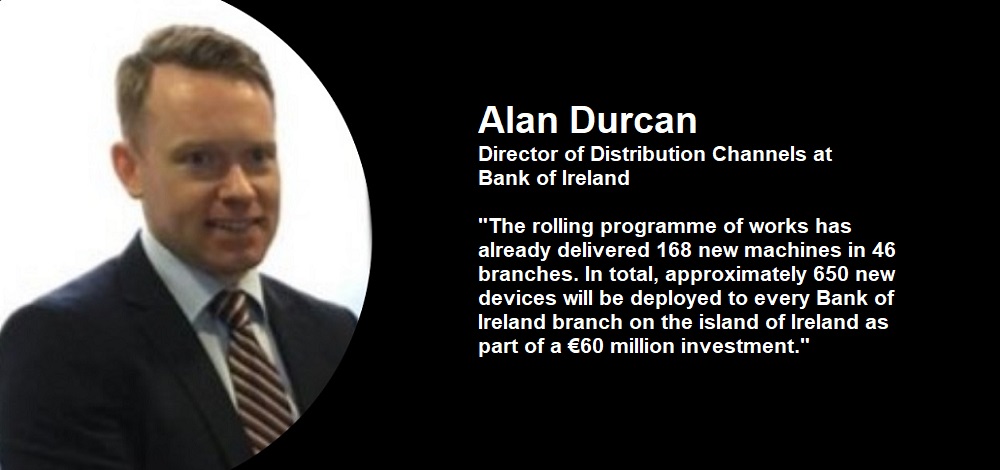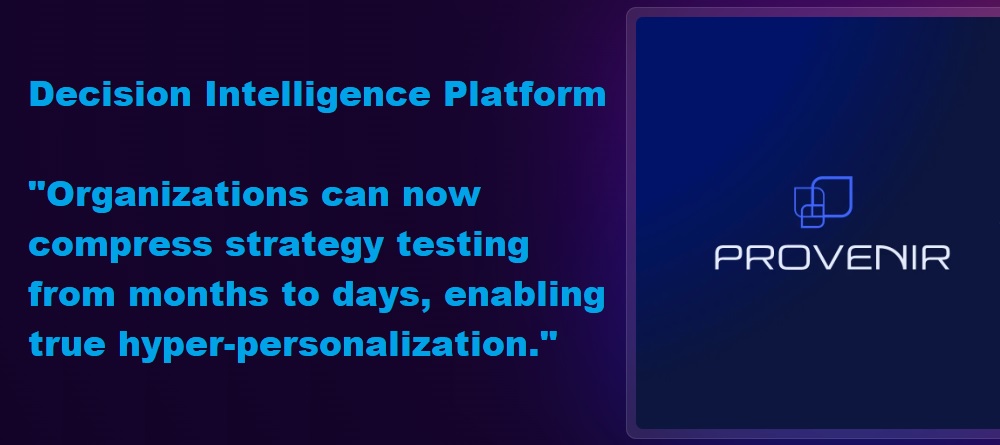Ripple: banks unlikely to process payments with distributed ledgers for now
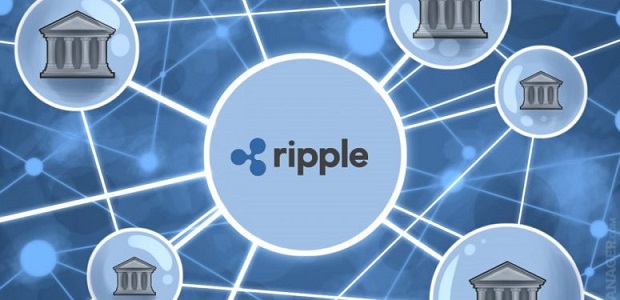
Banks are unlikely to use distributed ledgers to process cross-border payments for now because of scalability and privacy issues, according to Ripple, one of the most prominent startups developing the technology.
“I will concede, we haven’t gotten there yet,” Ripple’s chief cryptographer David Schwartz said in an interview.
Banks have been vocal about taking steps toward deploying the technology originated from cryptocurrencies to make processes like international payments faster and cheaper.
Several banks have tested or deployed a system Ripple developed for international payments that uses a “bi-directional messaging” that can eventually plug them into distributed ledgers, but xCurrent’s technology itself “is not a distributed ledger,” Schwartz said.
XCurrent was used to build Banco Santander SA’s (SAN.MC) international money transfer service One Pay FX, which was launched in April and hailed as one of the first concrete uses of “blockchain-based technology.”
Santander, which is an investor in Ripple, declined to comment.
While xCurrent uses cryptography, each party using the system does not have access to a shared ledger, as is the case with distributed ledgers like ethereum or Hyperledger Fabric.
“We started out with your classic blockchain, which we love,” Marcus Treacher, senior vice president of customer success at Ripple said in an interview. “The feedback from the banks is you can’t put the whole world on a blockchain.”
The same weary scepticism among banks about the potential of blockchain technology was evident at EBAday2018, the European payments conference in Munich this week, according to finextra.com.
Speaking at the event, Gottfried Leibbrandt, Swift chief executive said there is „no way” blockchain can scale to replicate capabilities already available in global payments, a view that was repeated by many of the 1000 or so payments professionals at the conference. The banks at EBAday were instead rather more enamoured with the rapid advances in artificial intelligence and machine learning technologies as production-ready systems far-reaching implications transforming the banking landscape.
Distributed ledgers, an umbrella under which so-called blockchains fall, are immutable databases maintained by a network of computers rather than a centralized authority and secured by advanced cryptography.
The technology’s proponents say shared record keeping boosts efficiency and reduces data discrepancies, but distributed ledgers are not yet scalable or private enough for banks, Schwartz said.
XCurrent uses an immutable “interledger” protocol which Ripple says improves on existing payment networks because it offers instant settlement.
“What we hear from many of our customers is that it’s imperative to keep their transactions private, process thousands every second, and accommodate every type of currency and asset imaginable,” Schwartz said. Ripple’s approach is what has enabled it to move beyond tests with banks, he added.
Founded in 2012, Ripple also offers a system called xRapid that works with the distributed ledger behind XRP, the third-largest cryptocurrency by market cap after bitcoin and ether. Ripple holds a large share of XRP.
The price of XRP and other cryptocurrencies soared last year, in part on expectations that their technology will be applied to processes including transferring value between financial firms.
xRapid and XRP are not being used by banks, but have been recently tested by money transfer companies Viamericas and MercuryFX, according to Ripple.
Source: Reuters
Dariusz Mazurkiewicz – CEO at BLIK Polish Payment Standard
Banking 4.0 – „how was the experience for you”
„To be honest I think that Sinaia, your conference, is much better then Davos.”
Many more interesting quotes in the video below:

